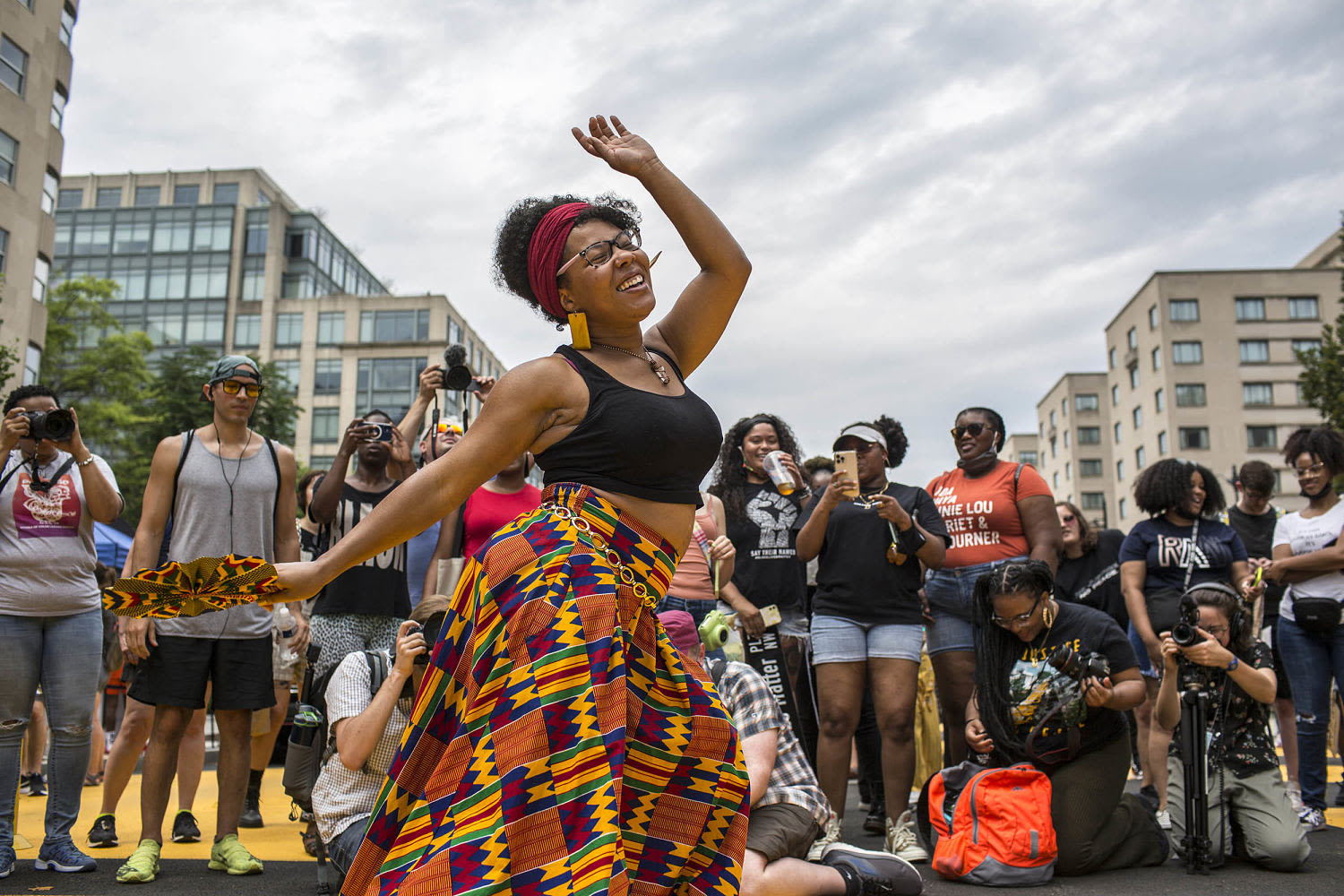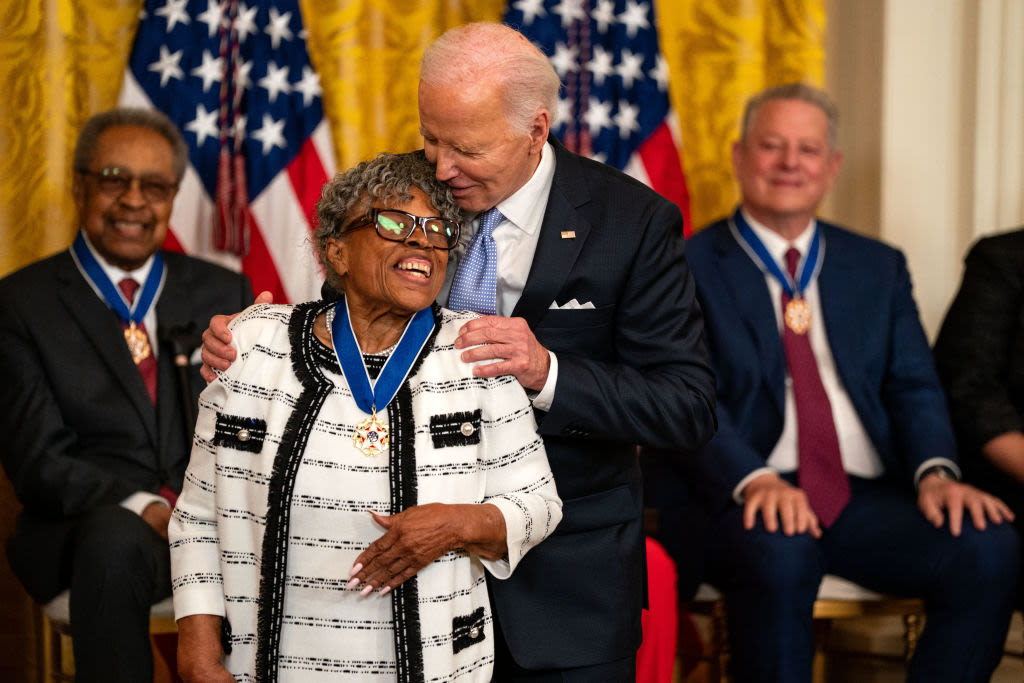Search results
May 5, 2017 · Done at the City of Washington, this first day of January, in the year of our Lord one thousand eight hundred and sixty three, and of the Independence of the United States of America the eighty-seventh. By the President: ABRAHAM LINCOLN. WILLIAM H. SEWARD, Secretary of State.
Emancipation Proclamation, edict issued by U.S. Pres. Abraham Lincoln on January 1, 1863, that freed the slaves of the Confederate states in rebellion against the Union. It took more than two years for news of the proclamation to reach the slaves in the distant state of Texas.
News about Juneteenth, history, North Fork
News about Emancipation, Lincoln, depression
News about iCivics, Abraham Lincoln, Civil War
News about Opal Lee, Joe Biden, Juneteenth
Emancipation Proclamation: Type: Presidential proclamation: Executive Order number: unnumbered: Signed by: Abraham Lincoln on September 22, 1862; 161 years ago () Federal Register details; Publication date: 1 January 1863: Summary; During the American Civil War, enslaved people in the Confederate States of America declared "free"
Washington DC, summer 1862. The Civil War had been going on for over a year, and it was not going well for Abraham Lincoln. 11 of the 15 southern states where slavery was legal had formed the Confederate States of America (CSA) and were waging a war to break free from the United States.
American Civil War - Emancipation, Slavery, Union: Lincoln drafted the Preliminary Emancipation Proclamation in July 1862. In its final form, the Emancipation Proclamation would free the slaves in areas that were not under Union control as of January 1, 1863, when it went into effect.
Abraham Lincoln | January 1, 1863. Emancipation Proclamation. Library of Congress, Prints and Photographs Division. Summary. President Lincoln made no overt moves to link the suppression of the rebellion with the ending of slavery for more than two years after the outbreak of conflict.
Draft Preliminary Emancipation Proclamation, July 22, 1862. In principle, Lincoln approved of emancipation as a war measure, but he postponed executive action against slavery until he believed he had both the legal authority to do so and broader support from the American public.




